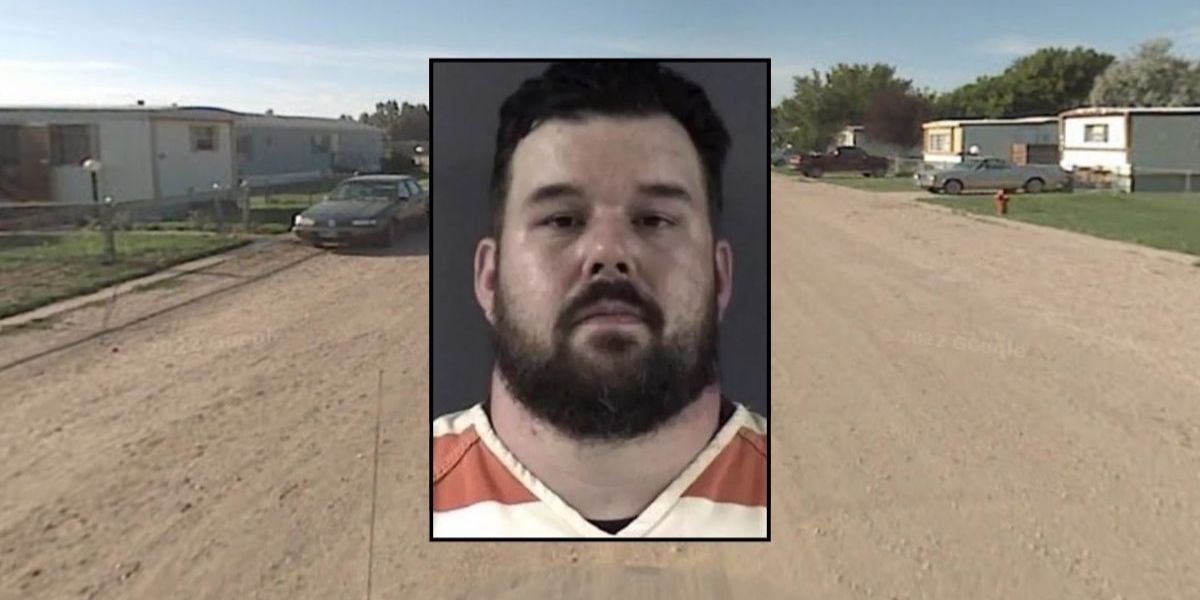On a 20-11 party line vote in the middle of the night, the Texas Senate passed a bill that would define men and women only by their reproductive organs. The law is currently on its way to the governor’s desk after passing the House.
According to House Bill 229, a man’s reproductive system is designed to fertilize the ova, whereas a woman’s biological reproductive system is designed to generate ova.
With potentially far-reaching repercussions for trans and intersex individuals, whose gender identification would be returned to the sex they were given at birth in state records, the bill would mandate that this definition be applied across state statutes.
Rep. Ellen Troxclair wrote the “Women’s Bill of Rights” bill, which was supported by Sen. Mayes Middleton. The bill’s proponents claim it’s about protecting possibilities for single-sex use, such as sporting events, and areas like restrooms, locker rooms, and jails, which they believe have been endangered by men posing as trans women.
This is common sense legislation that is in line with state and federal executive orders that declare there are only two sexes: male and female, Middleton said on the Senate floor on Wednesday.
“Your birth sex is your birth sex, period,” Middleton stated.
Democrats disputed this assertion, citing concerns expressed by transgender individuals and supporters that it oversimplifies gender, sex, and the range of human experiences. José Menéndez, a senator from San Antonio, called it a “form of state-sponsored discrimination.”
“If a law forces non-binary Texans, who are real people, into categories that don’t reflect their lived experiences or identities … that would actually become discrimination in practice,” he stated.
Many transgender people fear that this law may invalidate or reverse the court decisions that allow them to change the sex recorded on their birth certificate, driver’s license, school records, and other documents.
Earlier this month, Heather Clark, a transgender woman from Austin, testified before a Senate committee regarding the effects of her wife’s paperwork being changed back to a male gender marker.
Clark stated, “Anytime that she is required to show her driver’s license, she could be compelled to explain why her appearance doesn’t align with her documentation.” This could occur whenever she flew, got money out of the bank, applied for a job, or cast a ballot. “That creates ample daily opportunities for discrimination, and that would make living in Texas untenable.”
Read Also: Legislation to Ban Social Media for Minors in Texas Fades in Final Hours
The bill defines the phrases wherever they appear in state law rather than establishing a criminal or civil consequence. As state officials reverse engineer where and how these definitions must be applied, it might take some time to figure out the rippling effects.
In response to questions from Menéndez and Houston Senator Molly Cook on the necessity of the law and its potential ramifications, Middleton dismissed it as a “definitions bill,” pointing out that it contains no criminal or civil penalties. However, he also recognized that the bill might have broad implications.
“We have male and female, woman and man throughout our state code. It’s in there hundreds of times,” he stated. “We never thought we needed to define that until recently.”



